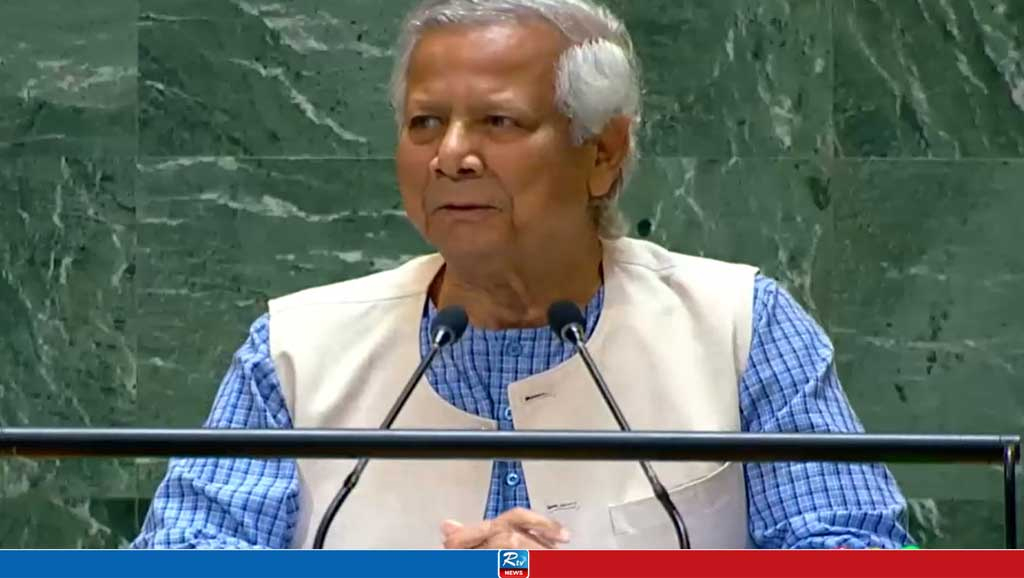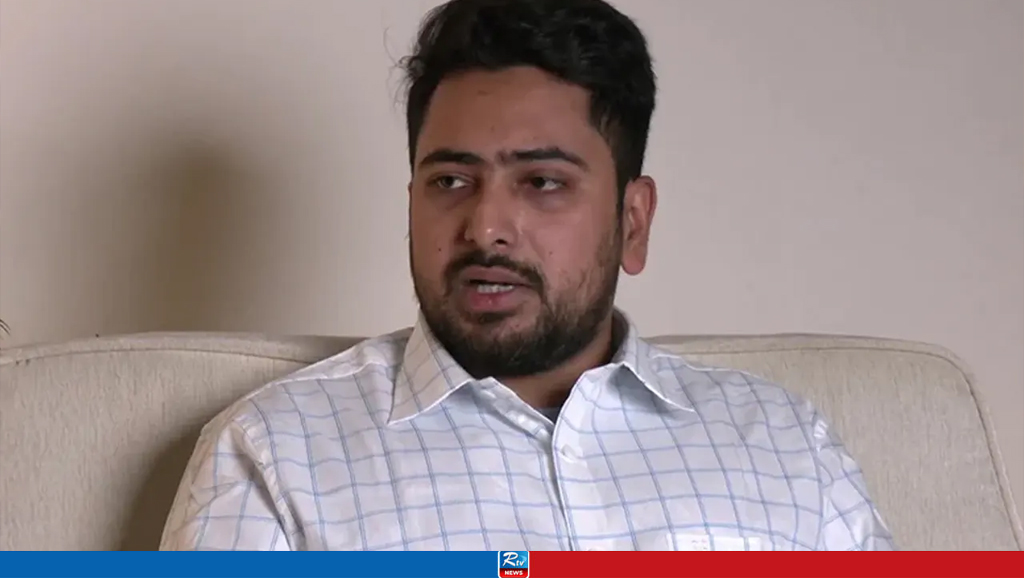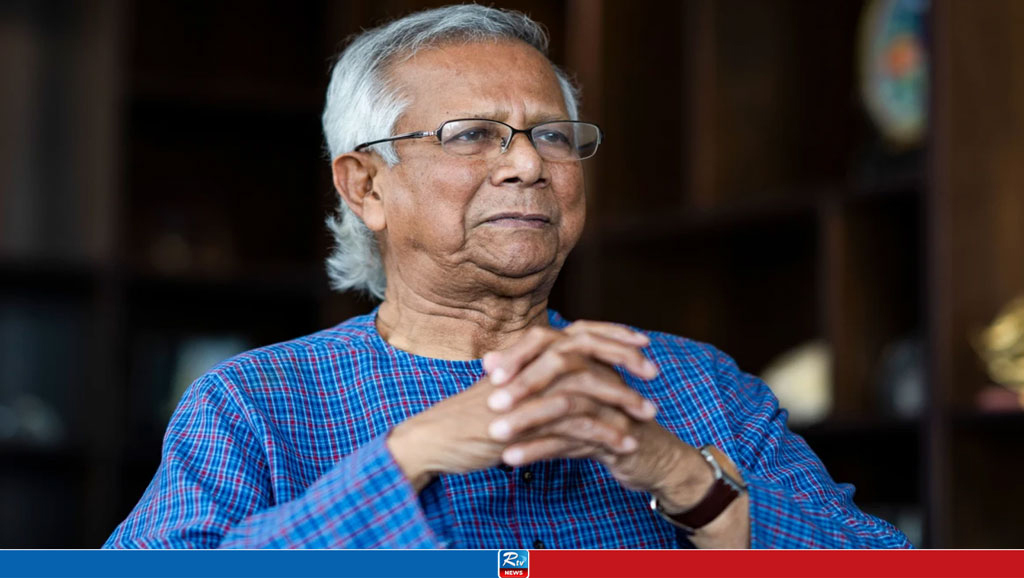Climate Change is a Threat to Everyone's Existence: Dr. Yunus
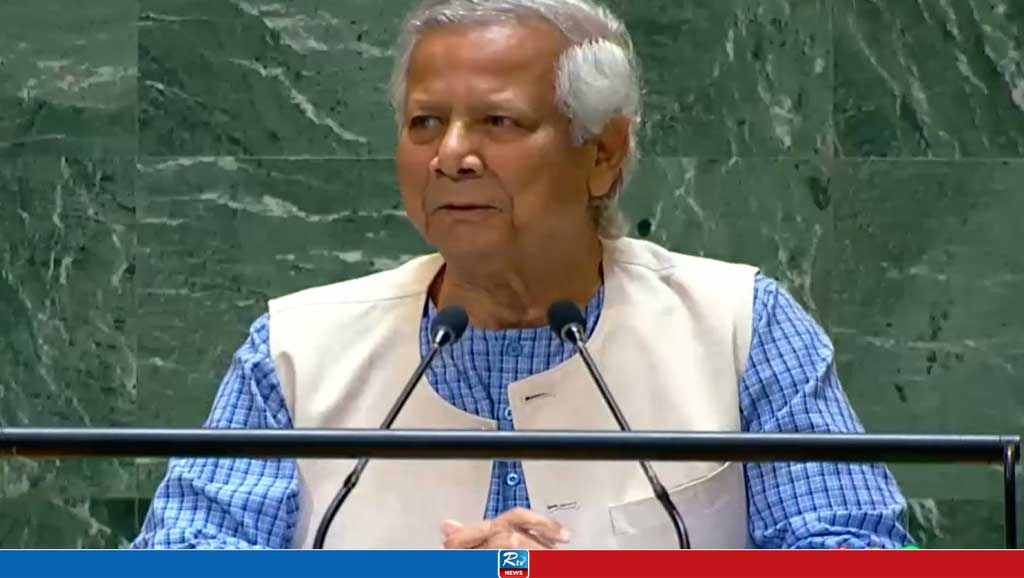
Chief Adviser Professor Dr. Muhammad Yunus has stated that climate change poses a threat to the existence of us all.
He made this remark during his speech at the 79th session of the United Nations General Assembly on Friday, September 27.
Dr. Yunus said, "We must all correctly prioritize global issues on this planet. Climate change is a threat to everyone's existence. This summer’s record-breaking heatwaves have been a stark reminder of the impact of climate change."
He emphasized, "We need to establish climate justice, holding those accountable who are responsible for irresponsible decisions, indifferent behavior, and the damage caused by it."
The Chief Adviser highlighted the long-term, irreversible impacts of climate change, saying, "We are losing biodiversity, the alteration of pathogens is increasing new diseases, agriculture is under pressure, diminishing water resources are threatening our habitability, and rising sea levels and salinity are continuously damaging our ecosystems."
He continued, "The increasing frequency and severity of cyclones are causing undeniable damage. Small farmers and those seeking livelihoods at the margins are the most vulnerable to climate-related risks. As I speak here today, more than 5 million people in eastern Bangladesh are facing the worst floods of their lifetimes."
Dr. Yunus called for substantial investment in climate adaptation for countries like Bangladesh, which are at high risk from climate change. "It is also crucial to operationalize the Loss and Damage Fund through innovative approaches and additional financing," he added.
He stressed the need for access to technology and capacity building, especially in life-saving technologies in the agriculture, water, and public health sectors, where small-scale innovations and solutions can protect vulnerable communities.
Calling for global unity in addressing the climate crisis, the Chief Adviser said, "We must work together to tackle the climate crisis and stabilize the global economy. The international community is now focused on building a carbon-neutral world. To ensure that most people benefit from such a transition, countries like Bangladesh must be included in the pursuit of a net-zero world. Otherwise, we will fall behind in fulfilling our universal commitment to mutual responsibility and prosperity."
Comments
Dr Yunus Calls for International Conference to Solve Rohingya Crisis
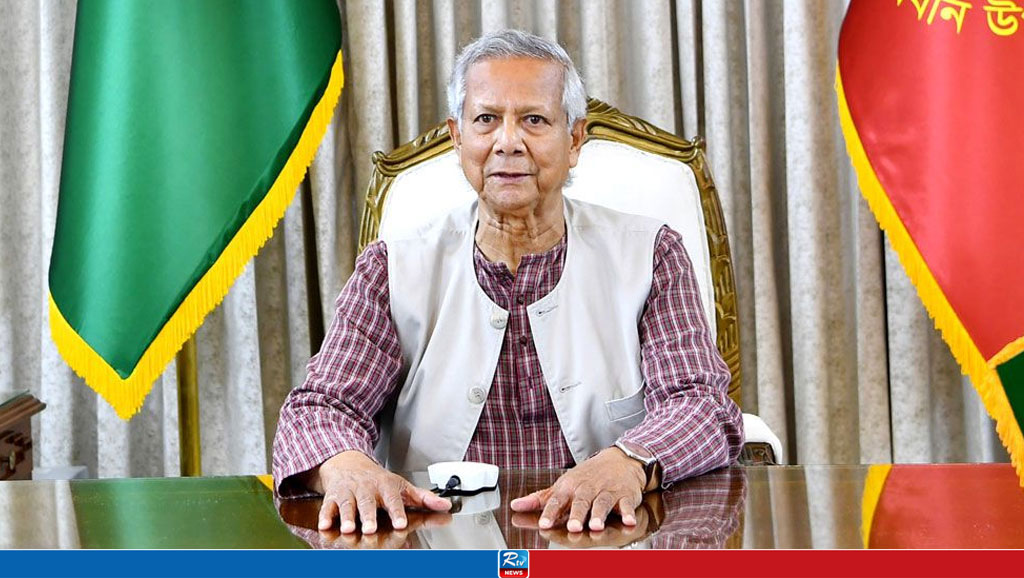
Train Schedule Disruption Persists

6 Killed as Truck, CNG Collide in Narsingdi

Ex-DMP Commissioner Detained at Airport While Leaving Country

Ex-Public Works Minister Engineer Mosharraf Hossain Arrested
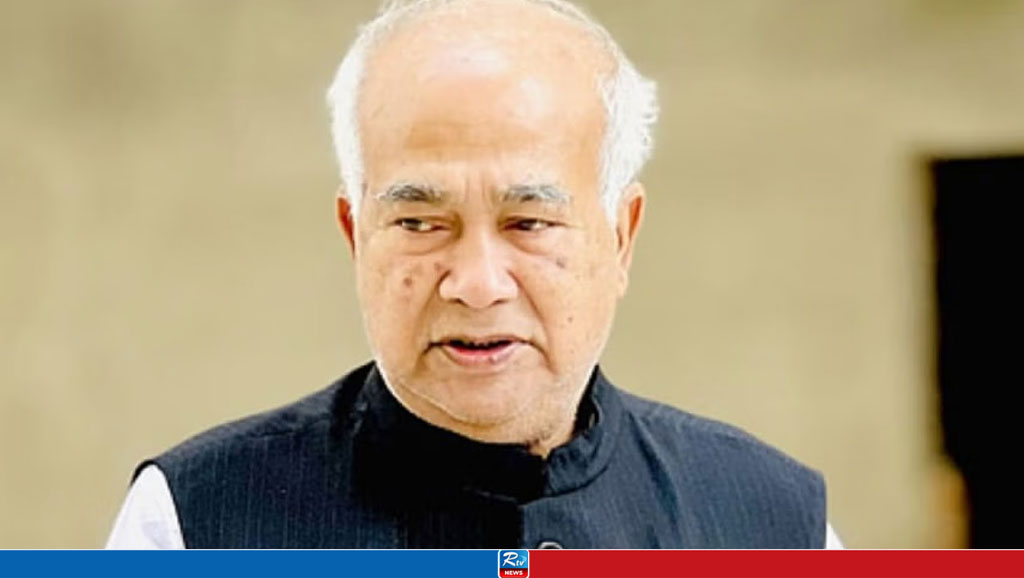
HSC, Equivalent 2024 Re-evaluation Result Date

Education Board announces SSC, HSC Exam 2025 Timeframe


 Live Tv
Live Tv

